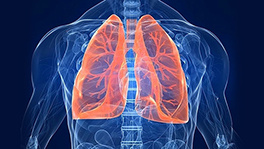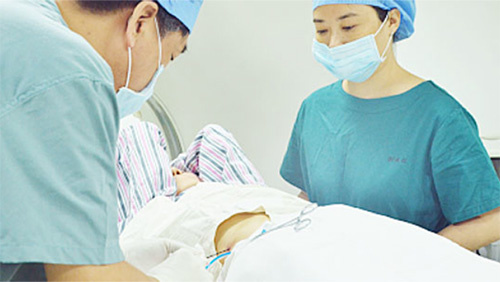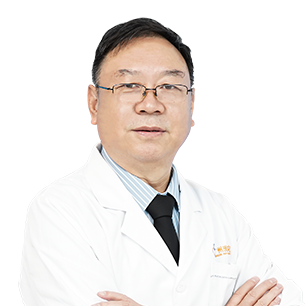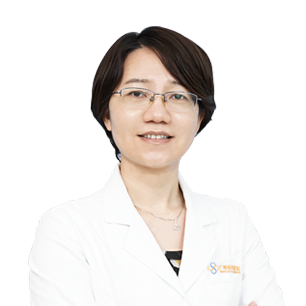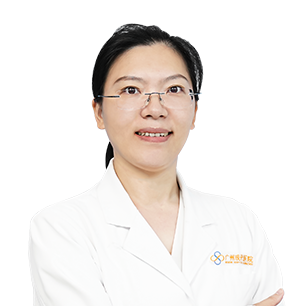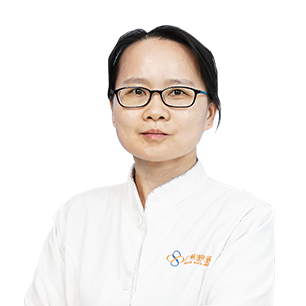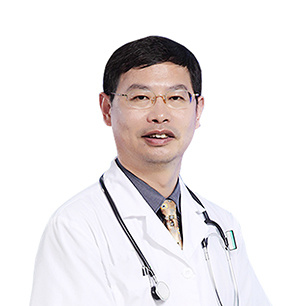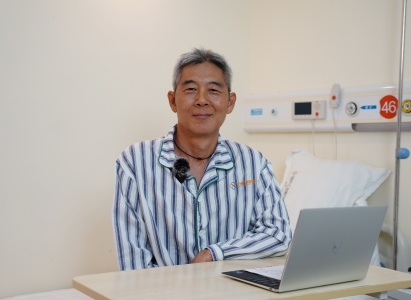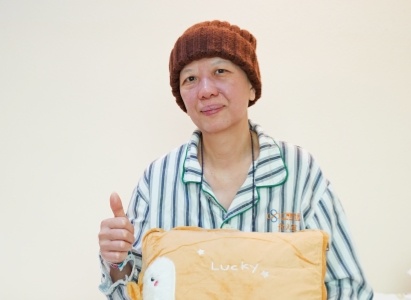How long can a stomach cancer patient live with stomach cancer? American Cancer Society provides an update of 5-year relative survival statistics based on stomach cancer stages and it’s as follow:
Stomach Cancer Stage I: 88%--94%;
Stomach Cancer Stage II: 68%--82%;
Stomach Cancer Stage III: 18%--54%;
Stomach Cancer Stage IV: below 18%.
Timely and effective treatment is the important factors to improve the 5-year relative survival rate of stomach cancer. Minimally invasive therapy featuring smaller traumas, fewer side effects, and good efficacy, prevents stomach cancer patients from surgical resection and side effects of radiotherapy and chemotherapy.
If you are diagnosed with stomach cancer,please click online consultation to contact us.
Classification of Stomach Cancer
According to the location of stomach cancer, stomach cancer can be divided into gastric cardia cancer, gastric cancer, gastric antrum cancer, etc. According to pathological classification, it can be divided into early gastric cancer and advanced gastric cancer; according to histological classification, it can be divided into papillary adenocarcinoma, tubular adenocarcinoma, poorly differentiated adenocarcinoma, signet ring cell carcinoma, mucosal adenocarcinoma, hard cancer, non-carcinoma and mixed cancer.
Interpretation of Stomach Cancer Pathology Report
•What is gastric adenocarcinoma?
•What is the TNM staging of stomach cancer?
Treatment for Stomach Cancer
•Traditional Anti-cancer Technology
Surgical resection: Big Trauma, high risk, easy to have complications, great damage to patients’ gastrointestinal function and lower their life quality. It is only suggested for early stage stomach cancer patients.
Radiation and Chemotherapy: Chemotherapy kills normal cells while killing cancer cells, resulting in damage to the immune system, and has toxic side effects such as: hair loss, vomiting, etc. It is not suitable for advanced stomach cancer patients.
•New Treatment Options for Stomach Cancer Patients-- Minimally Invasive Technology
Minimally Invasive Therapy: 2-3 mm incision, few side effects, little pain
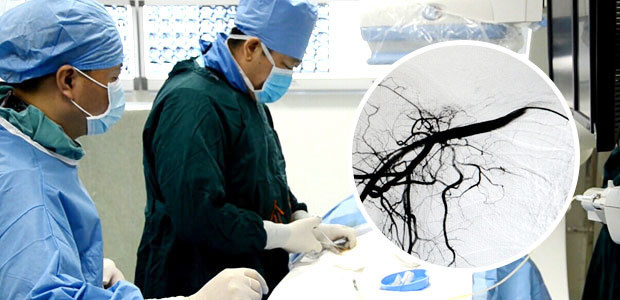
Interventional therapy: with a 1-2 millimeter incision, anti-cancer drugs are directly given to the tumor, causing fewer side effects and drug concentration is 2-8 times higher than systemic chemotherapy, killing cancer cells more accurately.
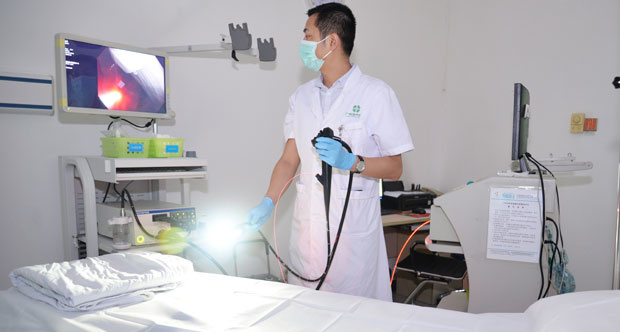
Photodynamic therapy: when photosensitizer is exposed to a specific wavelength of light, they produce a form of oxygen that kills nearby cells. It functions quickly (in 48 to 72 hours) with less pain, lower recurrence rate, and is suitable for weak or advanced patients.
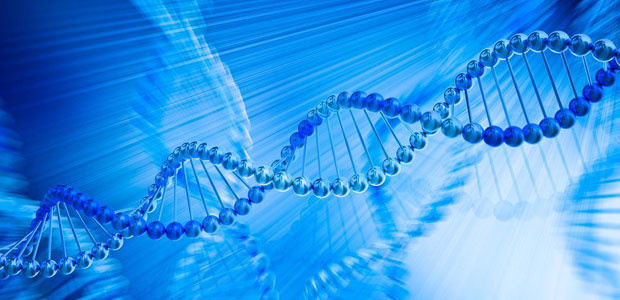
Gene Targeted therapy: killing cancer cells from their roots, gene-targeted therapy is the most radical anticancer treatment. Compared with traditional therapies, gene-targeted therapy is more accurate, more effective and safer.

TCM & Western Medicine: Combination of traditional Chinese medicine and minimally invasive techniques can not only kill the cancer cells effectively, but also reduce toxic side effects, lower the rate of cancer recurrence, and greatly improve survival rate.
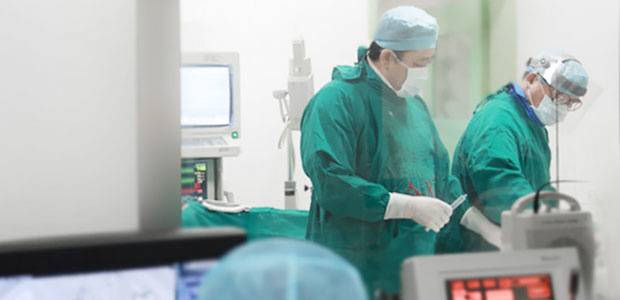
Green Chemotherapy: Improved from traditional chemotherapy, green chemotherapy, avoiding the disadvantage of systematic chemotherapy, greatly improving curative effect and reducing toxic side effects, is a new generation of chemical weapons that kills tumors.
Natural Therapy: No harm, no pain and no hospitalization. Natural therapy can reduce the toxic side effects causing by radiation and chemotherapy and can improve the quality of life of stomach cancer patients and it is applicable to all cancer patients.
To know more new technology for treating stomach cancer


